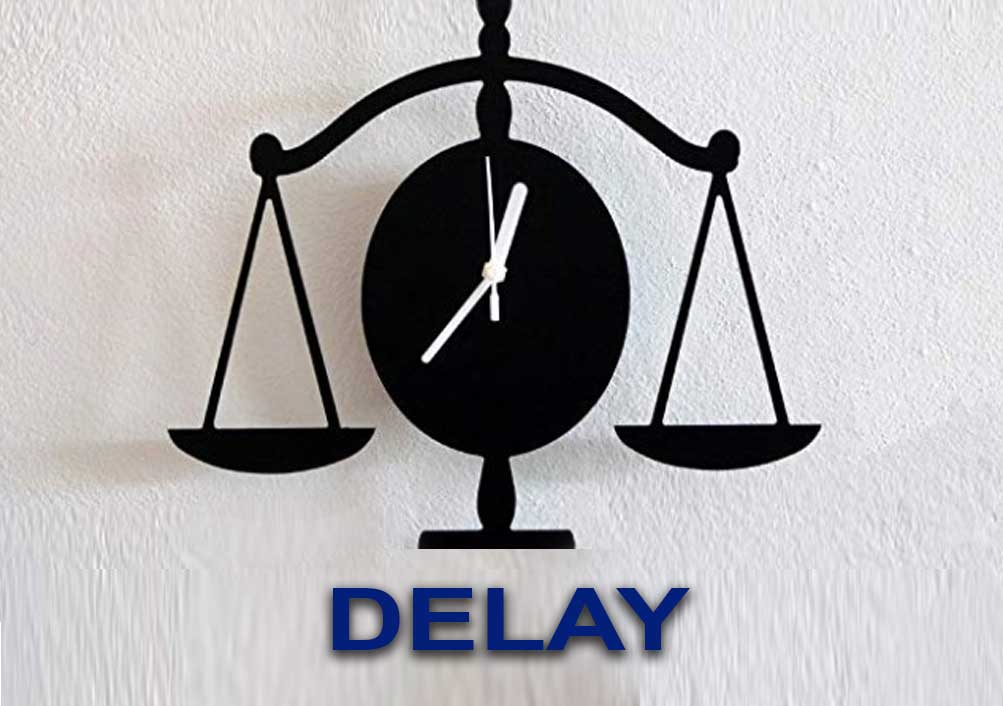In WRIT PETITION NO.769 OF 2010-BOM HC- Litigants seeking condonation of delay in preferring appeal are expected to make out near unimpeachable case of just and sufficient cause: Bombay HC Justice Rohit B. Deo [08-06-2022]

Read Order: Mohammed Takki Mohamed Omar Ansari v. Mohammad Juber Abdul Rahim Shaikh
Tulip Kanth
Mumbai, June 24, 2022: The Bombay High Court has rejected a civil application for condonation of delay after considering the fact that that in order to unsettle the judgment and to put the clock back after 5 years and 107 days, the litigant seeking condonation of delay in preferring the appeal is expected to make out a near unimpeachable case of just and sufficient cause.
The Bench of Justice Rohit B. Deo said, “A litigant who is seeking relief in equity or in exercise of discretionary jurisdiction, can ill afford to suppress the facts much less to base the relief on palpably false averments. The submission of the learned counsel that a liberal approach must be adopted while considering condonation of delay, is unexceptionable as a proposition of law.”
The facts that led to filing of the present application was that the petitioner-original plaintiff had filed a Regular Civil Suit for decree of perpetual injunction restraining the respondent from obstructing the peaceful possession of a property in Bhiwandi. The respondent resisted the application for temporary injunction without filing a written statement. The Trial Court passed an order proceeding without written statement. Thereafter, the respondent preferred a Miscellaneous Application seeking condonation of delay of 5 years and 107 days in preferring the appeal challenging the judgment in Regular Civil Suit.
Exception was taken to the order rendered by the District Judge whereby the application preferred by the respondent seeking condonation of delay of 5 years and 107 days in preferring Regular Civil Appeal challenging the judgment and decree in the Regular Civil Suit was allowed.
After submitting that the respondent was not educated, it was averred form the respondent’s side that he was expecting that the advocate would inform him as to when his appearance would be necessary. As he didn’t get any update from the Advocate, the respondent went to his native place and stayed over, thereby losing sight of the regular civil suit. The respondent further stated that after he returned to Bhiwandi, he again contacted the counsel who advised him that an application for condonation of delay would have to be filed.
Clarifying that the respondent-defendant approached the Appellate Court seeking condonation of delay of 5 years and 107 days with tainted hands, the Bench figured out that the reason put forth in the application was proved to be false. Also, the counsel for the respondent who appeared in the Appellate Court had no option but to fairly admit that during the period in which the respondent claimed to be confined to his native place, he was as in fact attending several proceedings in Bhiwandi. Axiomatically, it was opened by the Bench that the assertion of the respondent that during the entire period of 5 years and 107 days, he could not or did not contact his counsel was equally false.
Referring to the judgments of the Apex Court in Binod Bihari Singh vs. Union of India and Pundalik Jalam Patil (Dead) by legal heirs vs. Executive Engineer, Jalgaon Medium Project & Anr., the Bench concluded the matter by setting aside the impugned order and holding that the exercise of discretion by the Appellate Court was arbitrary and militated against well established principles of law.
Sign up for our weekly newsletter to stay up to date on our product, events featured blog, special offer and all of the exciting things that take place here at Legitquest.




Add a Comment